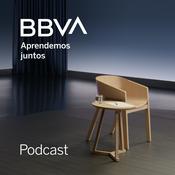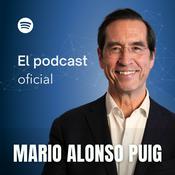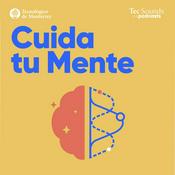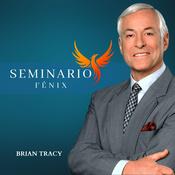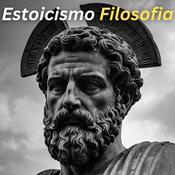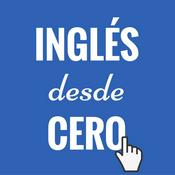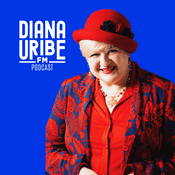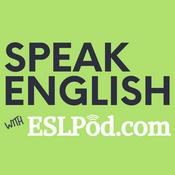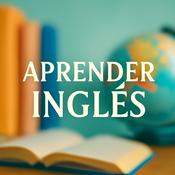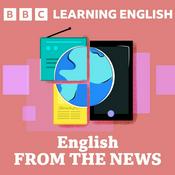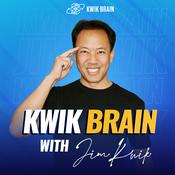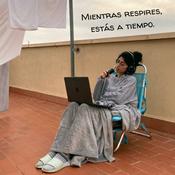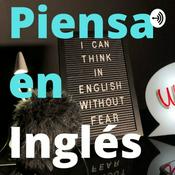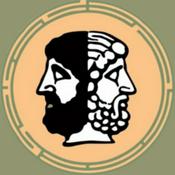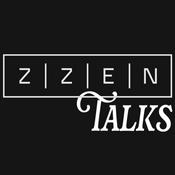41 episodios
- Carlo Perrotta (University of Oxford) was researching GenAI in education long before it hit the headlines.
We talk about the latest hype around ‘Agentic AI’ and whether this is genuinely a game-changer or simply a desperate attempt to sustain the GenAI hype bubble.
Accompanying reference >>> Perrotta, C. (2024). Plug-and-play education: Knowledge and learning in the age of platforms and artificial intelligence. Routledge. - Efforts are growing in many countries to get devices out of classrooms and push for a general ‘de-digitisation’ of education.
Ingrid Forsler (Södertörn University) talks about recent developments in Sweden and how we can make sense of this growing turn against digital education.
Accompanying reference >>> Forlser, I. et al. (2025). Hijacking the digital backlash in education. Postdigital Science & Education, https://doi.org/10.1007/s42438-025-00601-9 - We talk with legal expert Liane Colonna (Stockholm University) about the EU ‘AI Act’ and what it means for the use of AI in education.
To what extent can we rely on regulation to enforce safer and more beneficial forms of AI use in education?
Accompanying reference >>> Colonna, L. (2025). Artificial Intelligence in Education (AIED): Towards More Effective Regulation. European Journal of Risk Regulation, doi:10.1017/err.2025.10039 - Professor Arathi Sriprakash (University of Oxford) wants us to reimagine edtech along radically different lines.
What might digital education look like if it was based around principles of reparation, sovereignty, care and democratisation?
Accompanying reference >>> Sriprakash, A., Williamson, B., Facer, K., Pykett, J. & Valladares Celis, C. (2025) Sociodigital futures of education: reparations, sovereignty, care, and democratisation, Oxford Review of Education, 51:4, 561-578 - Philosopher Gene Flenady (Monash University) has strong reservations about the current push for GenAI into university teaching and learning.
If we accept that ChatGPT is an ‘irresponsible bullshitter’ then why is it being welcomed into universities … and what can we do about it?
Accompanying reference >>> Flenady, G. & Sparrow, R. (2025). Cut the bullshit: why GenAI systems are neither collaborators nor tutors. Teaching in Higher Education, 1-10.
Más podcasts de Educación
Podcasts a la moda de Educación
Acerca de Education Technology Society
Casting a critical eye over the world of digital education, education futures and EdTech. Join Neil Selwyn as he talks to experts from around the world committed to new ways of thinking about digital technology and education
Sitio web del podcastEscucha Education Technology Society, BBVA Aprendemos juntos y muchos más podcasts de todo el mundo con la aplicación de radio.net
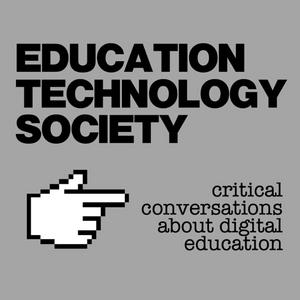
Descarga la app gratuita: radio.net
- Añadir radios y podcasts a favoritos
- Transmisión por Wi-Fi y Bluetooth
- Carplay & Android Auto compatible
- Muchas otras funciones de la app
Descarga la app gratuita: radio.net
- Añadir radios y podcasts a favoritos
- Transmisión por Wi-Fi y Bluetooth
- Carplay & Android Auto compatible
- Muchas otras funciones de la app


Education Technology Society
Escanea el código,
Descarga la app,
Escucha.
Descarga la app,
Escucha.

